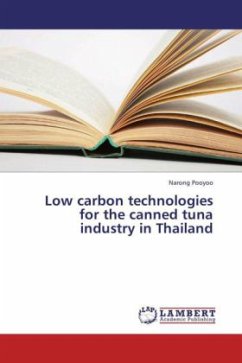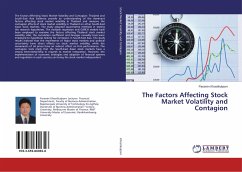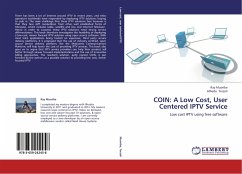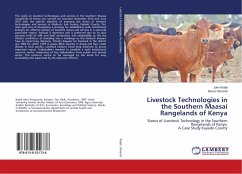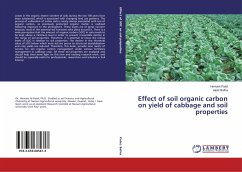This study investigated the energy use, green house gas (GHG) emission mitigation and low carbon technology (LCTs) options in a Thai canned tuna industry by conducting an energy audit in a factory. The observations and conclusions are as follows: Based on eight month data, the canned tuna industry used coal about 3,471 tons of coal, 1,051,236 liters of fuel oil and 6,205,744 kWh of electricity. The production capacity was 71,631 tons and the energy use was 64,652,097.99 baht. The specific consumption of heat, electricity and water were 1,884.61 MJ/ton of product, 86.64 kWh/ton of product and 7.26 m3/ton of product respectively. These results were compared with literature. The GHGs emission of a canned tuna industry in Thailand was estimated as 198 kgCO2eq/ton of product. The LCTs were estimated the energy audit by considering end use, and supply. The possibilities for reduction of energy use were found to be in the following areas: steam and compressed air pressure reduction, waste heat recovery, high efficiency motor, improved insulation, high efficiency chiller, cold water recovery, and use of T5 lamps and electronic ballasts. These can save power and fuel consumption amounting

